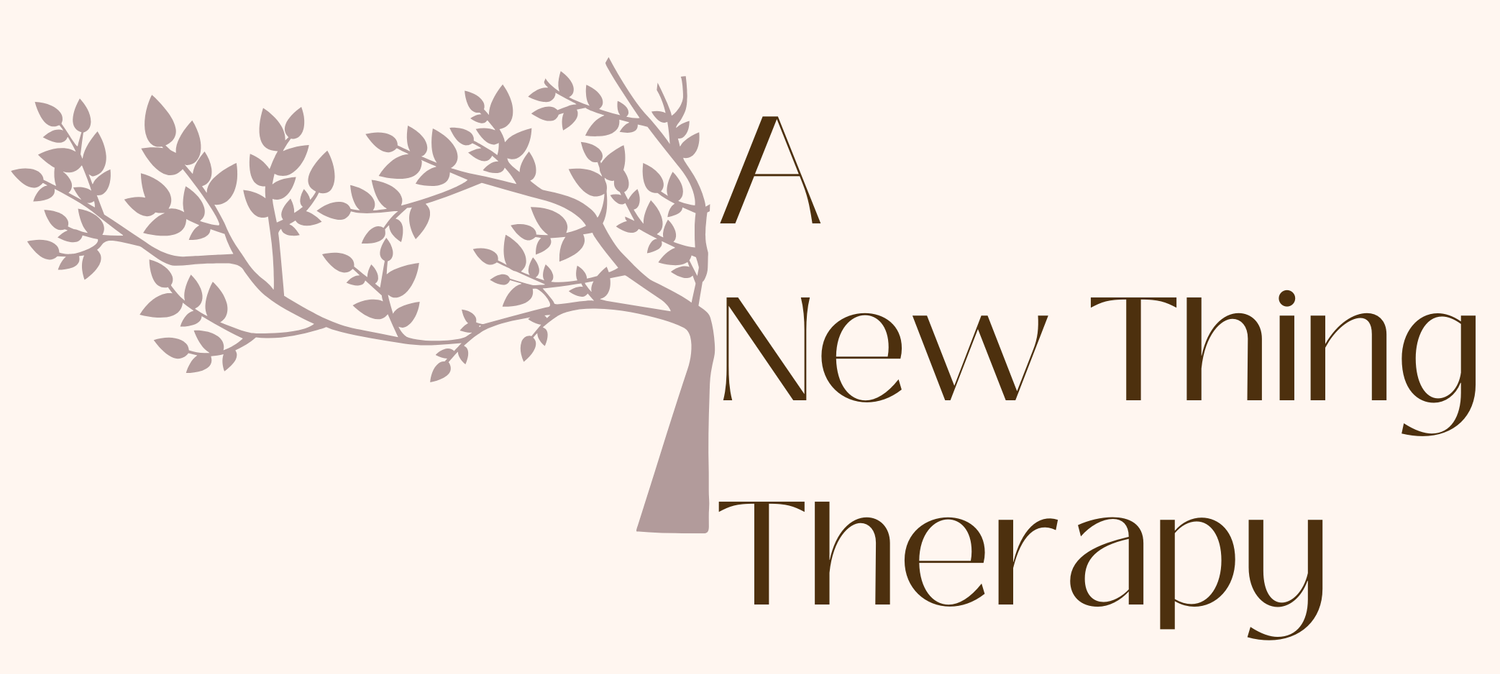Why Feeling Understood Matters More (Sometimes) Than Understanding Others’ Intentions
Why Feeling Understood Matters More (Sometimes) Than Understanding Others’ Intentions
Have you ever found yourself in an argument thinking,
“If they could just understand why I did/said that, maybe they wouldn’t be so hurt?”
Or maybe you’ve been on the other side, feeling the sting of someone’s words or actions and thinking,
“If they could just see what this did to me, maybe I’d finally feel better.”
Both partners are reaching — one for understanding, the other for understanding to be given. But here’s the tension: when emotions run high, explanations often miss the mark. Because in that moment, logic can’t touch what empathy can hold.
The Need Beneath the Need
We all want to understand others — especially those we love. But in moments of pain, what matters most isn’t the why behind their action — it’s whether they see what it did to us.
Science even backs this up: when we feel understood, our brains light up in the same regions that signal safety and connection. When we feel misunderstood, those same systems go quiet — we go into self-protection.
That might look like shutting down mid-conversation, getting defensive, or needing to walk away to protect our peace. Some people withdraw, go silent, or take space; others over-explain, hoping that if they just say it the right way, they’ll finally be understood. Some go numb and say, “It’s fine,” while others raise their voice or replay every detail, trying to prove their pain is real. But beneath all of it is the same longing — please understand me before you try to fix me.
Here’s why being understood often comes first:
1. Emotional Safety Comes Before Insight
Imagine this:
Partner A: “I didn’t mean to hurt you.”
Partner B: “I know you didn’t mean to — but it did hurt.”
One person is focused on intention; the other is focused on impact. Until the impact is acknowledged, explanations feel hollow. When we feel seen and accepted in our emotions, our bodies relax. We can finally exhale. Only then can understanding take root.
2. Validation Anchors Our Identity
To be understood is to be known. It’s someone saying,
“I see how that landed for you.”
That small phrase can shift everything. Validation doesn’t agree with the pain necessarily — it honors it. It tells our nervous system: You’re safe to feel this.
3. Co-Regulation Calms the Storm
Think about the difference between these two responses:
Option 1: “You’re overreacting and taking it the wrong way.”
Option 2: “I can see this really hit you hard. Tell me what it brought up for you.”
One escalates. The other soothes.
Empathy acts like a tuning fork — when someone matches our emotional tone with care, our nervous system begins to settle.
4. Understanding Bridges Isolation
Pain isolates. It tells us we’re alone in it. But when someone truly gets us — not to fix, but to be with us — something shifts.
“Understanding doesn’t fix pain, but it softens it — because being seen helps us breathe again.”
That’s the power of presence. It says, You don’t have to carry this alone.
5. When Emotion Runs High, Logic Takes a Back Seat
During conflict, our brains often go offline. The part that wants to “figure out why” can’t work properly while our emotions are flooding. That’s why in heated moments, explanations rarely help. What helps is connection — someone grounding us in safety before diving into reason.
6. Safety Opens the Door to Curiosity
Once we feel safe and understood, our hearts can open again.
Only then can we explore — gently — why something happened, or what someone meant. When connection is restored, curiosity feels natural instead of forced.
Bringing It Together
Understanding another person’s intentions is important — but it’s often step two, not step one. Step one is letting each other feel seen.
So the next time conflict arises, try pausing the analysis and offering empathy first:
“I can see that hurt you.”
“That wasn’t my intent, but I get how it landed.”
“You don’t have to understand me right now. Let me understand you.”
That one shift — from explanation to empathy — can turn a moment of rupture into one of repair.
Reflect
Think back to your last disagreement or moment of pain:
Did you feel understood?
Or did you find yourself working hard to understand someone else before your own heart was met?
What might change in your relationships if you led with empathy before explanation?
🕊️ Because healing begins, not when everything makes sense — but when we feel safe enough to make sense of it together.
